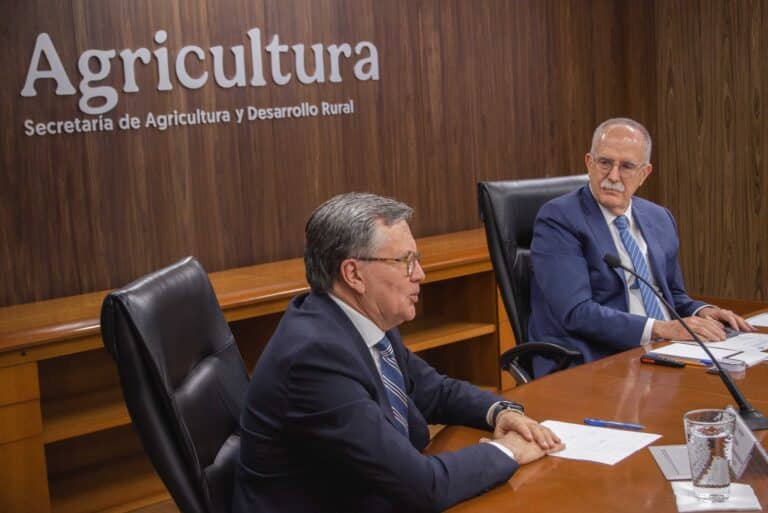The 40 participants of the accountability seminar represented public and private sector entities as well as development partners, educational institutions and producer organizations.
St. Augustine, 24 May 2018 (IICA). Forty representatives from agricultural related institutions of Trinidad and Tobago gathered at the Centre of Excellence Macoya for the annual IICA Accountability Seminar held under the theme “Building Resilience in the Agricultural Sector towards Enhanced Food and Nutrition Security in Trinidad and Tobago”. The seminar represented the first of a series of events organized by the Delegation as the Institute observes its 40th Anniversary in Trinidad and Tobago.
Mr. Gregg C. E Rawlins, IICA Representative in Trinidad and Tobago, highlighted in his opening remarks the importance that the Institute attaches to accountability through the hosting of the seminars. “Accountability is at the core of good governance and all institutions and organizations whether in the public or private sectors should strive to establish governance mechanisms that embrace transparency and accountability”, he stated.

Mr. Rawlins added that “this accountability seminar provides the IICA Delegation with another opportunity to meet and engage you – our development partners and stakeholders in the agricultural sector here in Trinidad and Tobago and share with you the results of our technical cooperation activities”.
Specialists with the IICA Delegation highlighted the results achieved by the Delegation under 6 main themes – competitiveness and sustainability of chains, resilience and comprehensive risk management, agricultural health and food safety, empowering agri Micro, Small and Medium Sized Enterprises (MSMEs), producer groups and rural communities, family farming and information sharing and outreach.
In delivering the feature address, the Minister of Agriculture, Land and Fisheries, Senator, the Honorable, Clarence Rambharat, indicated that while focus is often placed on physical hazards such as flooding, there is a need to consider matters related to financial resilience. The Minister stated that “if we want to be resilient, we have to make reasoned informed decisions that balance the interest between the people who produce food, the people who consume food and the people who meet the costs associated with establishing systems that strengthen resilience”.
In keeping with the theme of the seminar, there was a special session on the subject of resilience that included a presentation by Dr. Chaney St. Martin, International Specialist in Water and Soil Management on “Establishing a framework for building resilience in the agricultural sector in Trinidad and Tobago”.
Dr. St. Martin shared the approach adopted by IICA and experiences in implementing its Flagship Project on Resilience and Comprehensive Risk Management across the hemisphere. By identifying the three (3) features of resilience, namely, buffer capacity, self-organization and capacity for learning which guided the design of the resilience programme for IICA, he illustrated the concept of resilience as essentially a consolidation of existing areas. More specifically, “resilience is not necessarily something new but something that unifies perhaps traditionally, things that have separate dimensions and not looked at holistically.” In addition to highlighting the general objective of the resilience flagship project, he presented a typical framework for building resilience in agricultural planning, and guided participants to think ahead to other aspects of resilience, which should be incorporated therein.
This presentation was followed by a panel discussion involving key resource persons drawn from the Environmental Management Authority (EMA), Ministry of Agriculture, Land and Fisheries, University of the West Indies, the farming sector and the Non-Governmental Organization (NGO) community. Panelists in making their contributions described their vision of a resilient agricultural sector, identified best practices/lessons learnt and recommended priority actions which could be promoted and adopted to reposition the sector in the wake of the serious challenges posed by climate change and other related risk factors.
The hosting of Annual Accountability seminars is an institutional practice and, consequently, seminars are being convened in all other IICA Member States.
More information:
Gregg C.E. Rawlins, IICA Representative in Trinidad and Tobago











